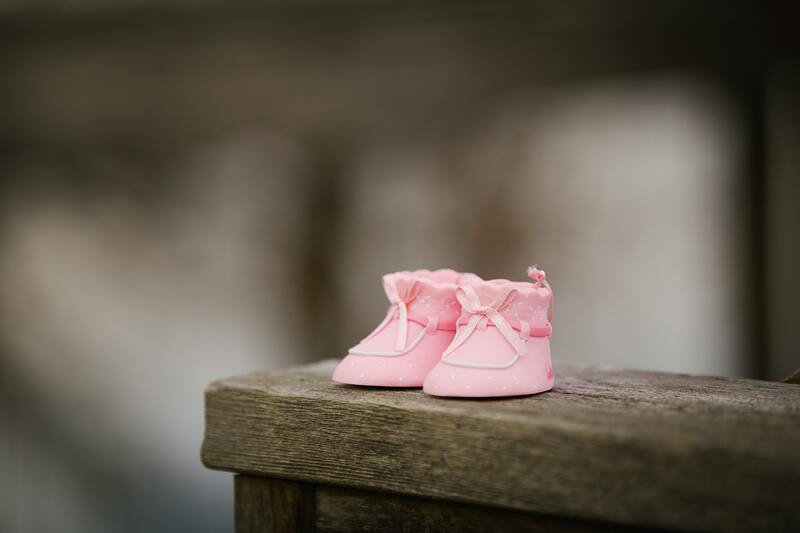When my baby should wear shoes

It is not necessary for infants to wear shoes during their first few months of life, as they are not yet walking and their feet do not need the support that shoes provide. Once a baby begins to crawl and stand, it is a good idea to start introducing shoes to protect their feet from rough or sharp surfaces. However, it is important to choose the right type of shoe for a baby, as their feet are still developing and need to be able to move and flex freely. Soft-soled shoes or socks with grips on the bottom are a good choice for infants and young toddlers. It is also important to choose shoes that fit well and allow room for the feet to grow.
When should baby start wearing shoes
Babies should start wearing shoes when they are able to walk independently, typically around 12-18 months old. This is to protect their feet and prevent injuries while they are learning to walk and navigate new surfaces. Before this age, it is recommended to let babies go barefoot or wear soft-soled shoes that allow their feet to move and develop naturally.
Benefits that baby without shoes
In fact, there are several potential benefits to allowing a baby to go without shoes:
- Natural development: Going barefoot allows a baby to use their toes to grip and balance, which can help with the development of their muscles and coordination. Moreover, it also let baby learn how to walk faster.
- Sensory development: Walking barefoot can provide sensory input to a baby's feet and help them learn about the surface they are walking on.
- Temperature regulation: Shoes can make a baby's feet too hot or too cold, and going barefoot can allow a baby to regulate their temperature more naturally.
- Comfort: Shoes can be constricting and uncomfortable for a baby, and going barefoot may allow them to move more freely.
Tips that help baby go with barefoot
With above benefits of without shoes in babies' early stage, it is also important to keep the following in mind:
- Monitor the environment: Make sure the area where your baby is walking is free of sharp objects or rough surfaces that could potentially harm their feet.
- Protect from extreme temperatures: If it is very cold or very hot outside, it may be best to keep your baby's feet covered to protect them from the elements.
- Keep an eye on your baby's feet: Regularly check your baby's feet to ensure that they are not developing any blisters or sores from going barefoot. If you notice any issues, it may be best to provide them with shoes for a while to allow their feet to heal.
- Gradually introduce barefoot time: If your baby is not used to going barefoot, it may be best to gradually introduce them to it by starting with shorter periods of time and gradually increasing the duration as they get used to it. This will allow their feet to adapt and may help prevent any potential discomfort.
Photo by Mon Petit Chou Photography on Unsplash
